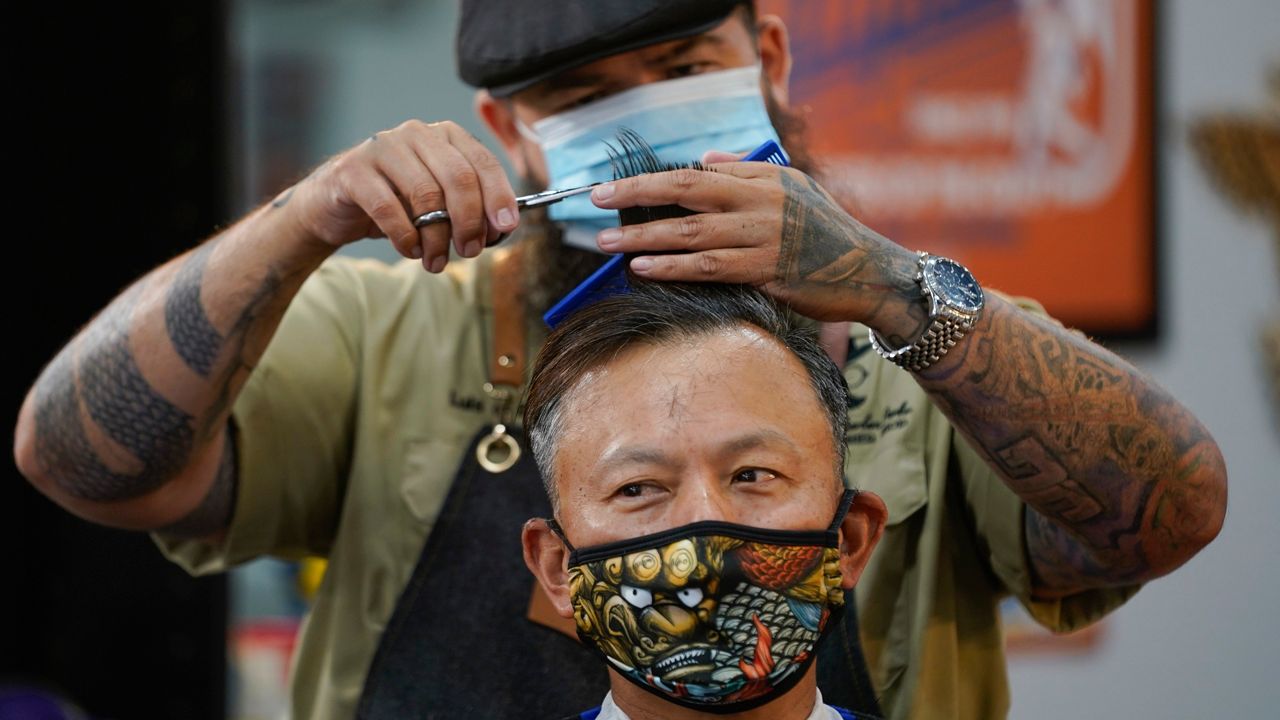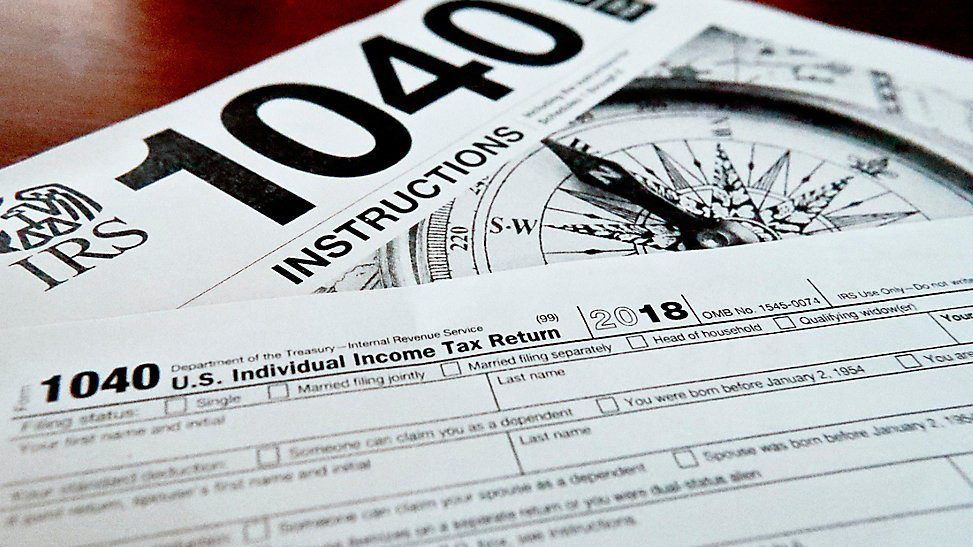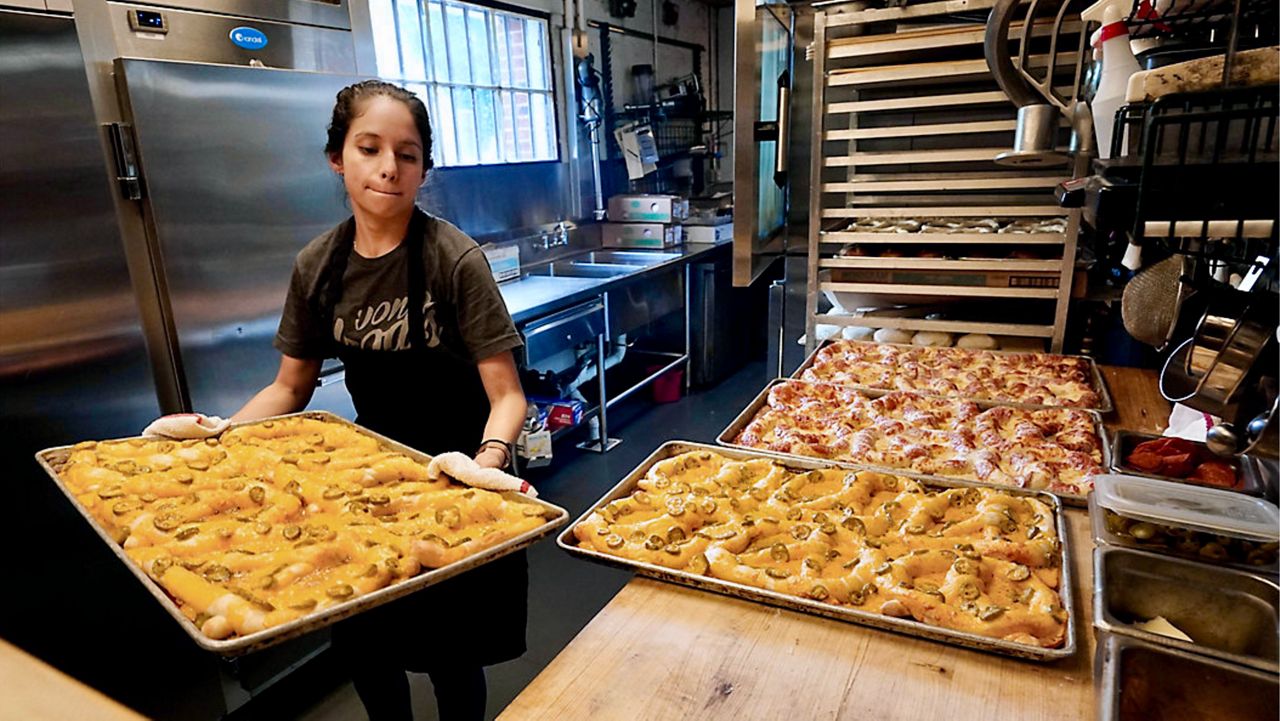ORANGE COUNTY, Calif. — David Souleles knows public health.
He’s been researching and discussing it as a government official and academic for decades.
And when the Centers for Disease Control and Prevention again relaxed mask guidelines last week, Souleles recognized it as a fundamental change in how the country’s health czar looks at COVID-19.
“They’re really pivoting to looking at hospital capacity as a metric for driving public health and safety protocols,” said Souleles, director of the University of California, Irvine masters of public health program.
Whether it leads to lasting change will depend on what comes next. While the fall appears to be a reliable breeding ground for more coronavirus infections and new variants, Souleles said it’s too soon to be certain. Hospitalization numbers may be a key driver of policy now, but it’s hard to say what factors will influence a decision-making apparatus that hasn’t been insulated from politics.
Case rates for COVID-19 have dropped as warmer weather and increased vaccinations have spread across the country. More than that, Souleles explained, the omicron variant has required health officials to rethink how to look at coronavirus — at least for now.
The newest version of the illness spiked case rates, proving to be highly infectious, but less deadly. While evidence of the new strain’s lesser potency was clear early on, the playbook to respond to it remained the same. Cities and governments that had been quick to issue quarantines and mask mandates or advisories remained reluctant to loosen rules.
Schools in California had remained under mask mandates when most of the state was free of them. With vaccination rates among kids relatively low, and some too young to receive one, health officials were reluctant to lift the order.
Cities such as Los Angeles and San Francisco have been among the most willing to observe state and federal guidelines, then go a step further. Orange County has not, sticking to the guidelines but choosing not to go beyond them.
How this affects the future is unclear. While the omicron variant was not as deadly as others, it’s possible others could be or that we won’t see a new variant for some years.
Researchers are still learning about coronavirus in animals, which are vulnerable to the virus and what that means for human populations.
Even the annual flu virus occasionally stymies health professionals. Sometimes flu vaccines are effective, Souleles noted, and when they’re not, it’s hard to say why.
“With flu, we’ve lived with it for a long time. It’s known, it’s familiar, and we’re comfortable with the risks associated with it,” he said. “I think right now you’re seeing the country try to figure out how we coexist with COVID-19.”
Normalcy includes business and a healthy economy.
Steven Rosansky, president and CEO of the Newport Beach Chamber of Commerce, explained that relaxed mandates may not improve recent gains in the economy, and even less in Orange County.
“Certainly Orange County is not Los Angeles County when it comes to masking, enforcement and everything that comes with it,” he said. “We’ve always been a little bit more resistant to wearing masks here and enforcing rules. It’s really not impacting business one way or another, for the most part.”
World events have upset financial markets, but employment and consumer spending remain high throughout the pandemic and following the reopening of business. Future uncertainty over how business responds will be specific to certain vulnerable industries. Hospitality and the county’s developed hotel convention business hasn’t responded well to the uncertainty. But even that business has come back, Rosansky explained. Now, customers are less likely to cancel than they are to reschedule something.
“I think business has been very strong the last few months, mask mandate or no,” he said. “I think it’s probably going to stay that way.”




